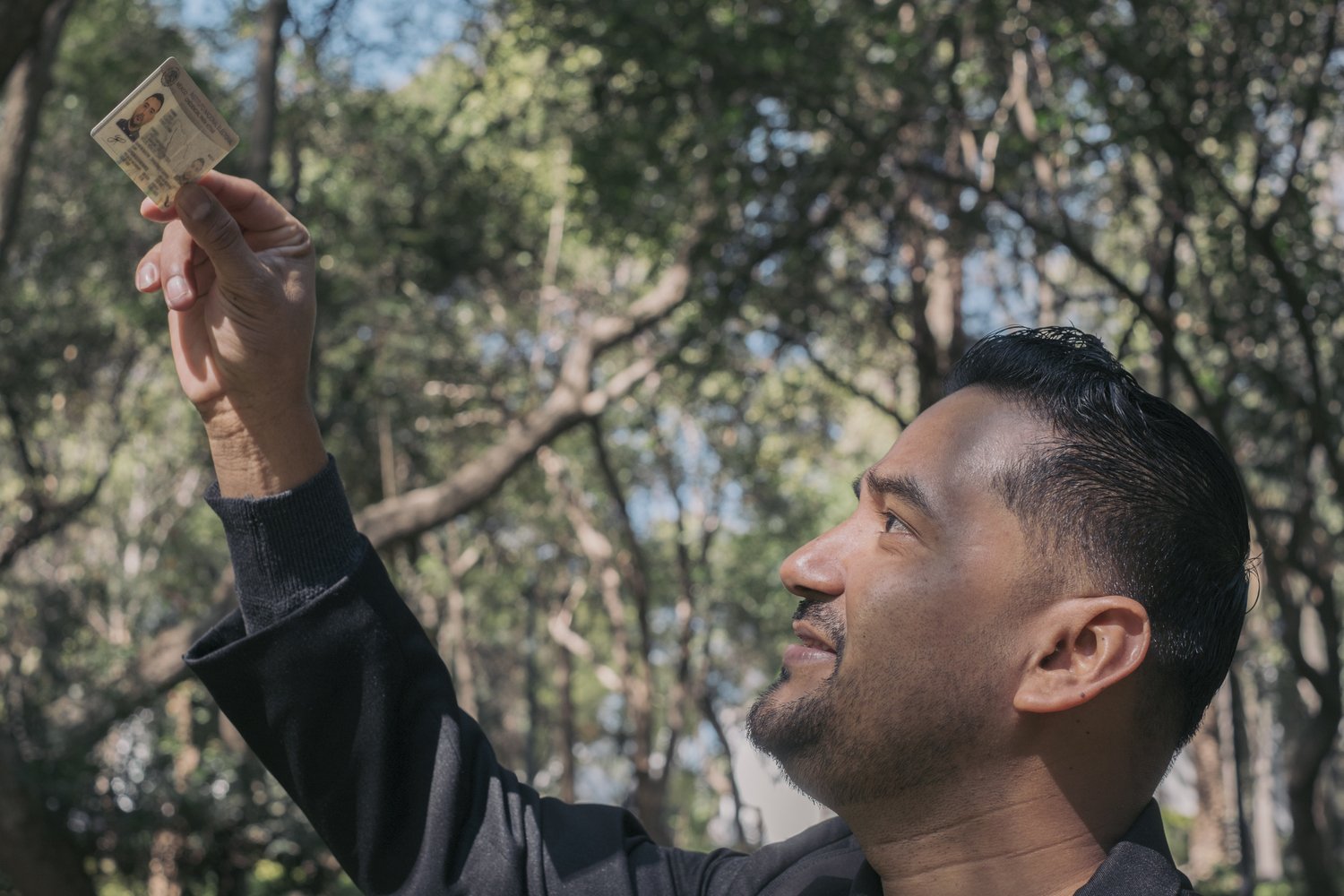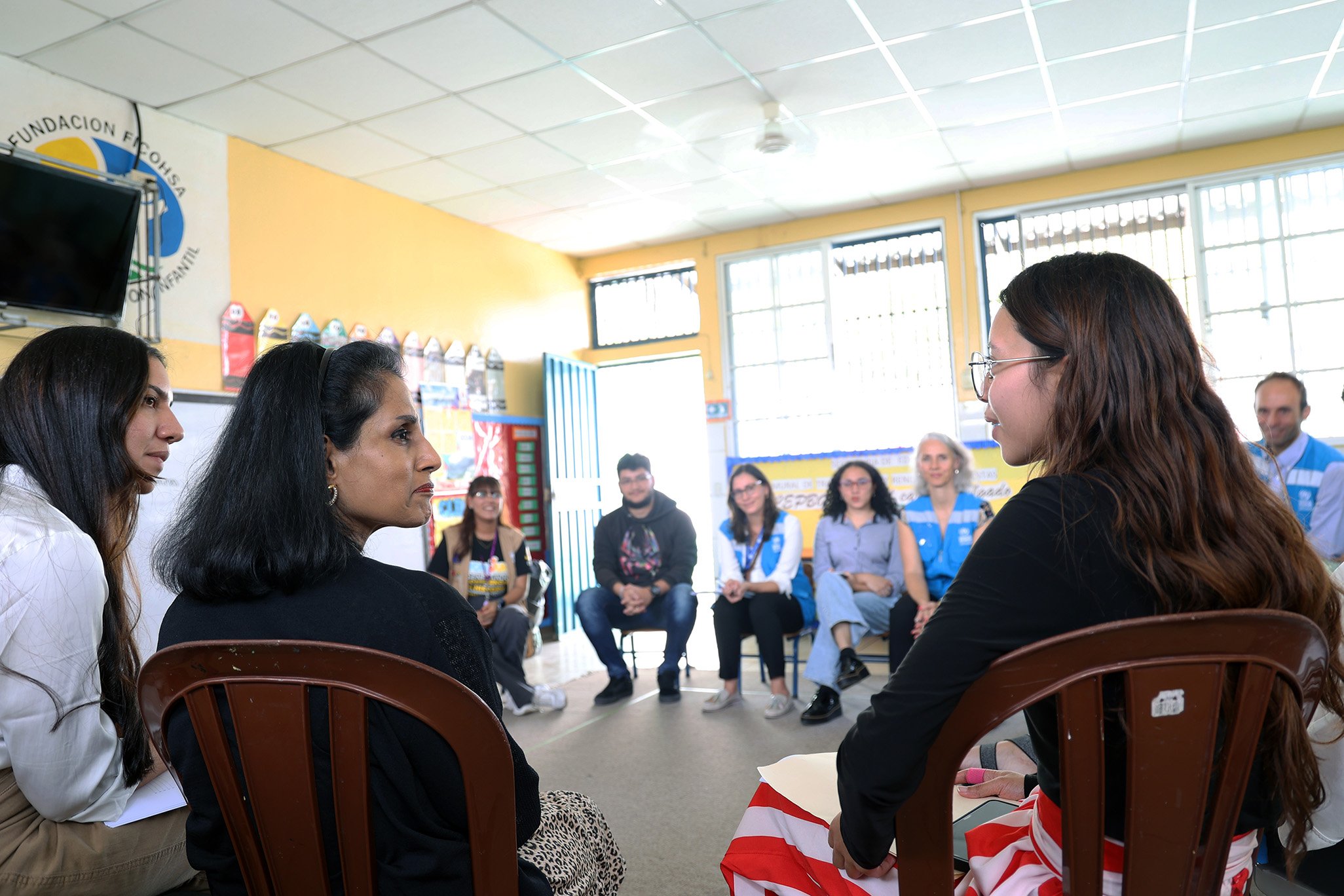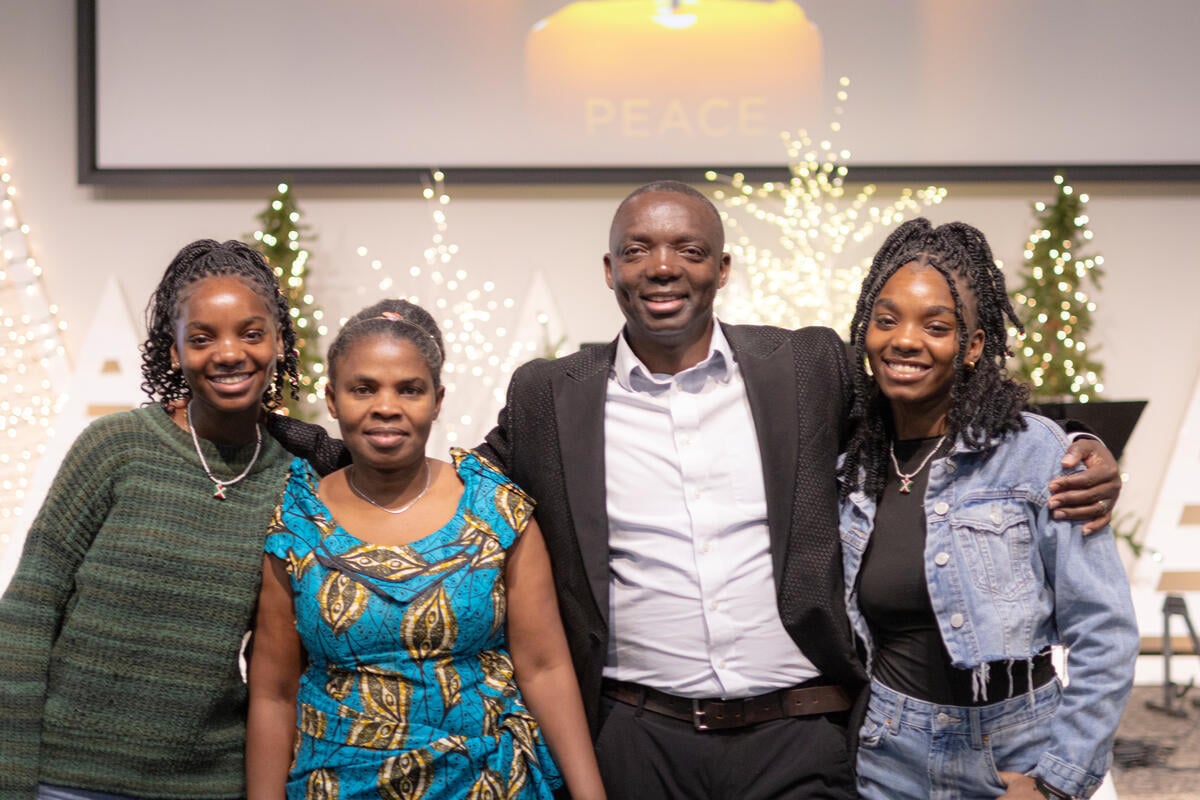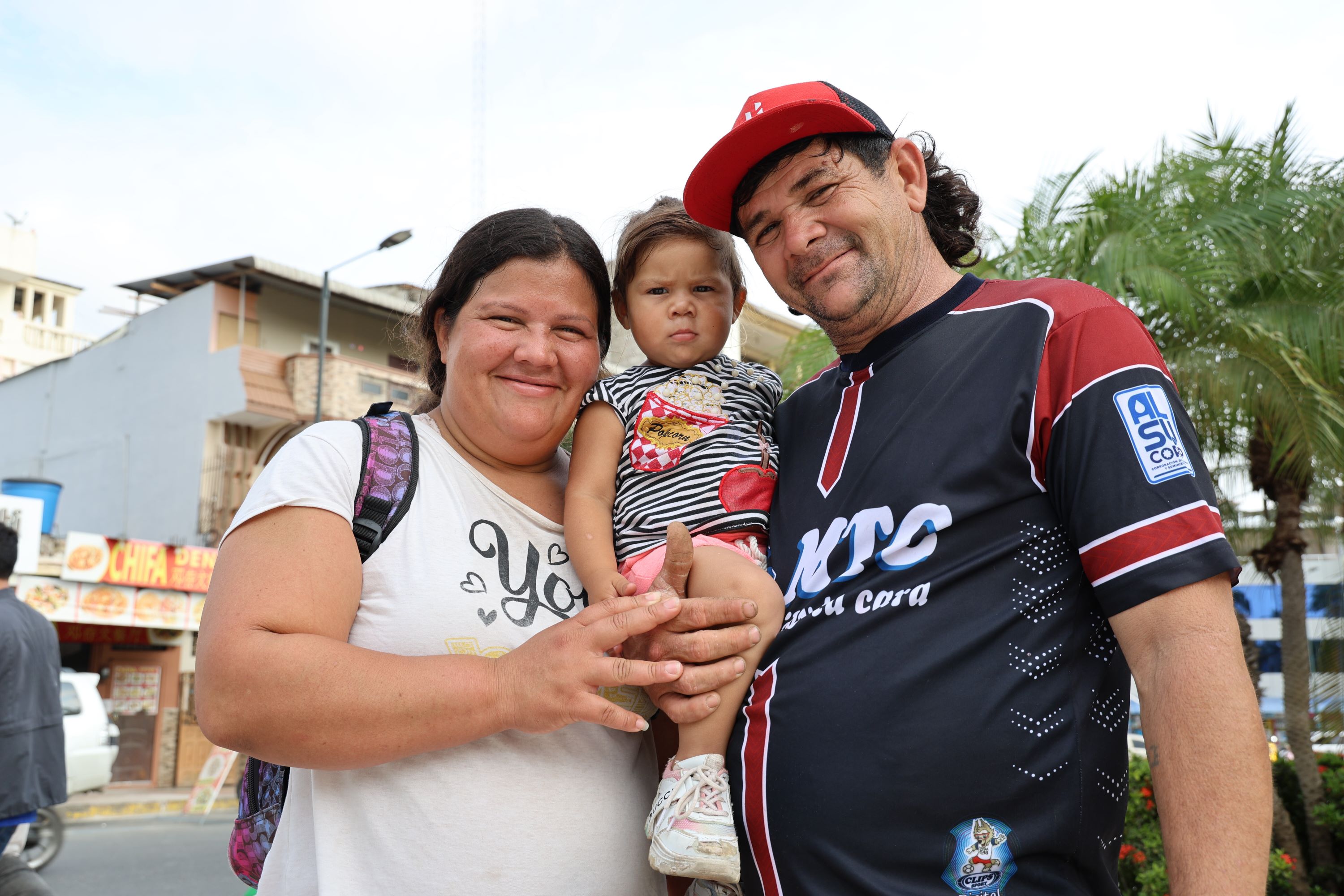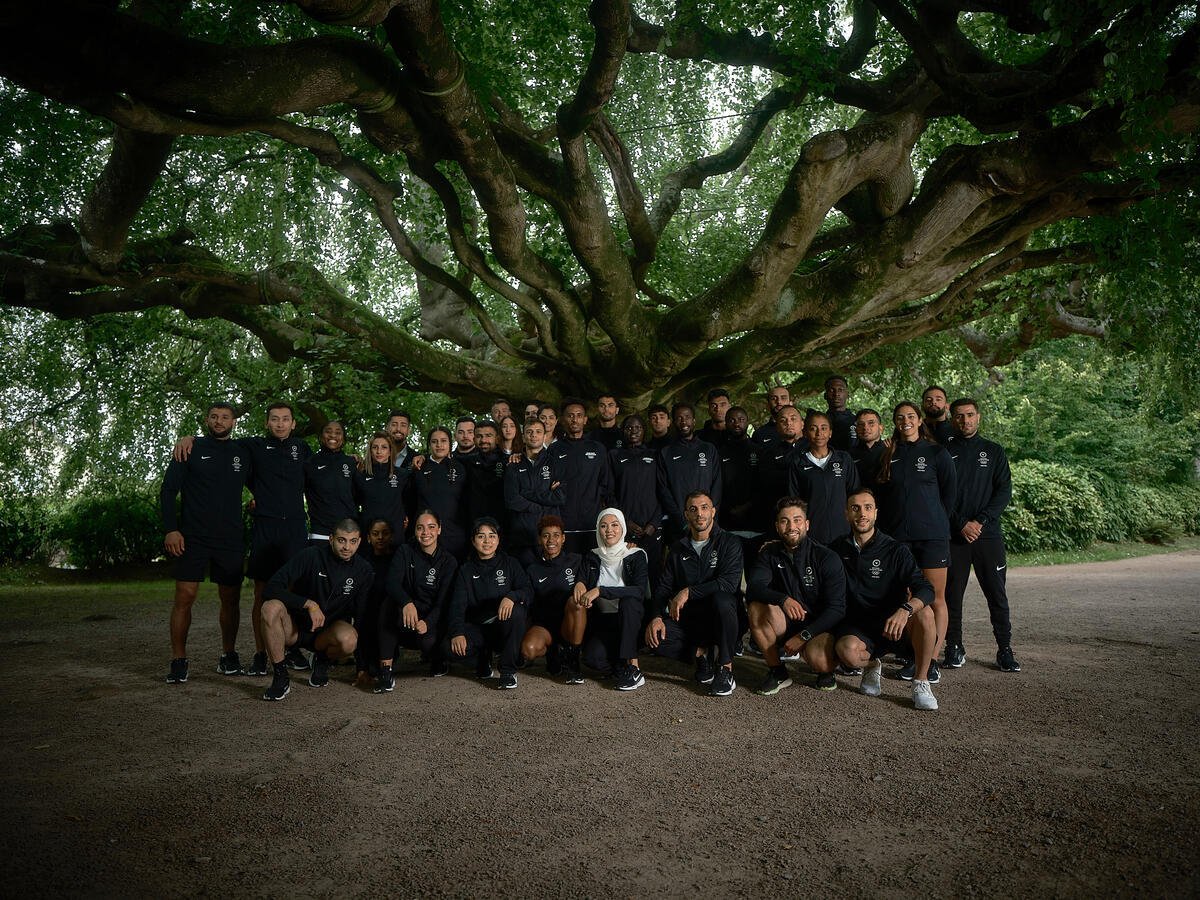UNHCR deeply concerned about new U.S. asylum restrictions
UNHCR deeply concerned about new U.S. asylum restrictions

UNHCR, the UN Refugee Agency, is deeply concerned about the new rule barring from asylum the majority of people crossing the southern U.S. land border. This will endanger vulnerable people in need of international protection from violence or persecution.
“We understand that the U.S. asylum system is under significant strain. And we are ready to play a constructive role if needed in helping alleviate this strain,” UN High Commissioner for Refugees Filippo Grandi said.
“But we are deeply concerned about this measure,” he added. “It will put vulnerable families at risk. It will undermine efforts by countries across the region to devise the coherent, collective responses that are needed. This measure is severe and is not the best way forward.”
UNHCR believes the rule excessively curtails the right to apply for asylum, jeopardizes the right to protection from refoulement, significantly raises the burden of proof on asylum seekers beyond the international legal standard, sharply curtails basic rights and freedoms of those who manage to meet it, and is not in line with international obligations.
According to the text of the U.S. rule, individuals entering the United States across the southern U.S. land border will be regarded as ineligible for asylum if they passed through another country first and did not attempt to seek asylum there before moving to the U.S. border, regardless of whether they had access to effective international protection in those transit countries.
People have been leaving parts of Central America in growing numbers in recent years for reasons ranging from extreme economic deprivation to persecution. Many of them are fleeing horrific violence by brutal gangs and are in need of international protection.
UNHCR called last month on the governments of countries in the Americas to meet urgently to develop and implement immediately a coordinated regional response to the growing numbers of people leaving Central America.
For more information on this topic, please contact:
- In Washington, Chris Boian, (202) 243-7634; boian@unhcr.org


